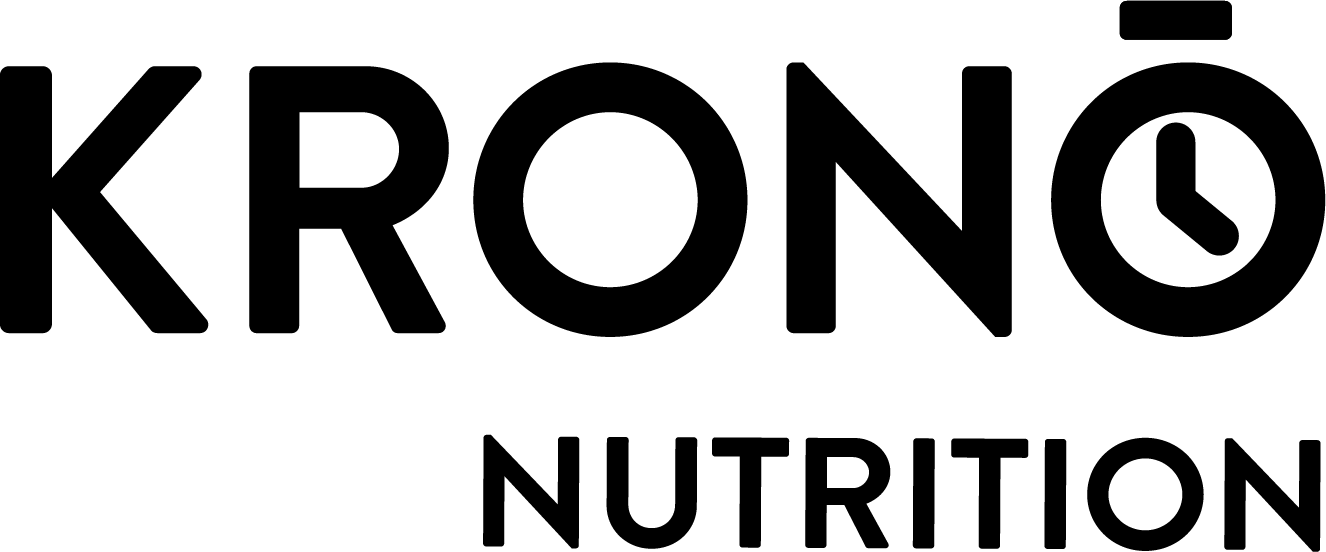
A nutrition course for your first triathlon
You've signed up for your very first triathlon and your training plan is all set? Great! Now, have you thought about your nutritional strategy? Often relegated to second place, nutrition is nevertheless a key factor in optimizing your sporting performance. On race, all it takes is one mistake in your feeding plan to sabotage weeks of preparation. Although triathlete nutrition is a skilful blend of science and personal experimentation, here are a few basics to guide you.
Photo credit : Krono athlete Antoine Jolicoeur Desroches in competition
Triathlon, a “bib” of its own
If you're already used to long-distance races and endurance sports, you may be thinking that triathlon is just another box to tick on your list. After all, your legs can handle the miles. Your mind has already proven itself. However, even seasoned athletes soon discover that triathlon has its own rules: you have to juggle three disciplines, manage your effort efficiently over the duration of the events and, above all, fuel yourself to keep going to the finish line... without letting digestive problems slow you down.
Between hydration, carbohydrate and electrolyte intake, every sip and bite must keep the engine running, without overloading it.

Photo credit : Krono athlete Tyler Reid winning the Subaru Triathlon Series 2024
What diet strategy should I adopt during the race?
It all depends on your own energy requirements, but also on the distance you choose. For a sprint triathlon, the effort is short but intense: hydration will remain the priority, accompanied by easily assimilated carbohydrates. Think energy gels, for example, which provide fast, efficient energy.
For longer formats - Olympic distance and beyond - the challenge becomes a race against energy debt. That's why you need to anticipate your needs, plan your refuelling and test your strategy in training.
What to eat before the race?
Carbohydrates are the athlete's bib number one fuel: stored as glycogen in the muscles, they are converted into glucose to fuel the effort. During a triathlon, the demand for energy soars, which is why it's so important to maintain sufficient reserves.
When glycogen stores are depleted, performance drops significantly, leading to fatigue—or worse, that dreaded wall. Performance plummets, giving way to fatigue and the famous “wall” that looms over your course. To avoid this, fill up on complex carbohydrates a few hours before the event. Complex carbohydrates release energy gradually and sustainably.
Managing your race, step by step
Swimming
As you'll probably be arriving early at the competition venue to pick up your bib number and prepare your equipment, have some healthy snacks on hand to keep your energy levels up.
Krono energy bars are perfect for filling up on carbohydrates about 30 minutes before the start. They'll give you the energy you need to tackle that first stage with vigour.
Cycling
For many competitors, cycling is the best time to eat and drink. Here are a few essentials to help you perform at your best right up to the end:
Ideal for all stages, Krono Lytes sports drink mixes with electrolytes help you prevent cramps and stay well hydrated. How do they do it? By replacing electrolytes lost during exercise
Krono's easy-to-consume energy gels and energy bites are ideal for quick refueling along the route. Consume them at regular intervals for a constant source of energy.

Photo credits : Krono athlete Tyler Reid in competition
Running
This is often the most critical part in terms of nutrition. You have to keep on eating without putting too much strain on your stomach, which is shaken and can start to feel sensitive. Keep your carbohydrate intake on track: it's best not to wait until you feel weak before consuming gels and energy snacks.

Photo credits : Krono athlete Tyler Reid in competition
After the event: recover for a better start
Once you've crossed the finish line, your mission isn't quite over: it's time for the recovery phase. Drink plenty of fluids to compensate for water and electrolyte losses. You also need to replenish your energy levels and repair strained muscles. Think of a snack rich in carbohydrates to replenish glycogen reserves and proteins to promote muscle regeneration.
Krono protein bars are your best allies. They provide a concentrate of essential nutrients quickly after exercise. Consume them within 30 minutes of finishing to maximize their recovery benefits. Your body will thank you on your next outing!


Share:
The (Many) Benefits of Plant-Based Proteins
Good Carbohydrates: Essential for Endurance Events